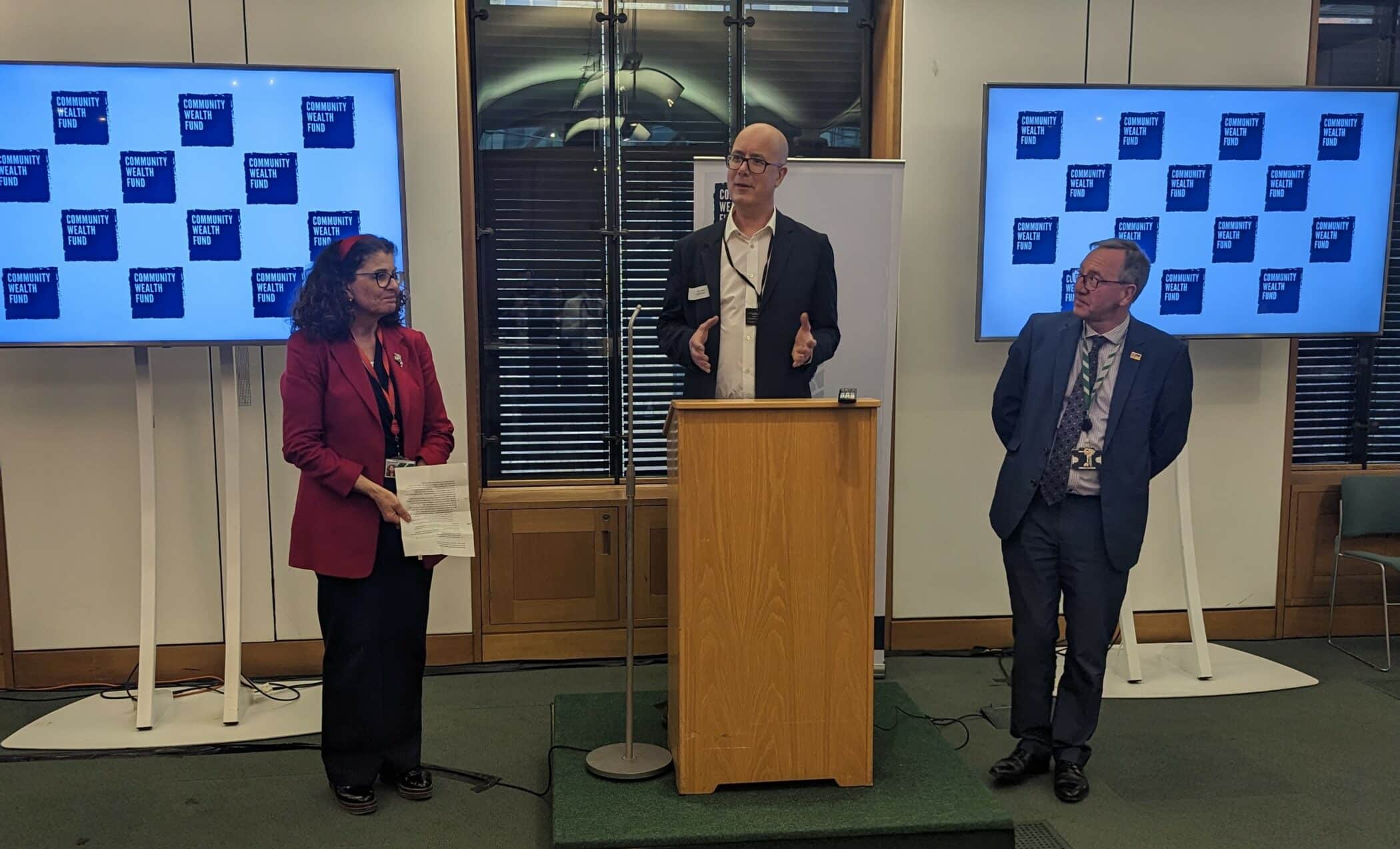Matt Leach, Chief Executive of Local Trust, reflects on the progress towards a Community Wealth Fund and outlines the need to begin a programme of long-term investment in ‘left behind’ communities.
Last autumn, the Department for Culture, Media and Sport published the technical consultation on delivering a Community Wealth Fund. Four months on, whilst it is clear that in parts of government there is enthusiasm for faster progress, we are still waiting for further information on how they intend the programme to be delivered.
Aspects of the autumn announcement were very welcome, with confirmation the government was looking at significant funding pots of circa £1million per area; long term funding; no requirement for baseline social infrastructure; community leadership on decision-making; and needs-based allocation rather than competition.
This was all consistent with the recommendations made by the cross-sectoral, cross-party supported Community Wealth Fund campaign, of which Local Trust was a founding member. However, other aspects of the consultation were less positive.
The suggestion that in prioritising funding allocations, small towns would be first on the list raised concerns amongst many. Not least because the majority of the ‘left behind’ neighbourhoods identified by the Community Wealth Fund campaign, and highlighted in last year’s cross-party report into levelling up left behind neighbourhoods would on that basis be unlikely to benefit. Hopefully, government will have heard this from a range of respondents to the consultation and will be willing to reconsider.
But there are other issues with government work to design the scheme. Confirmation shortly after the consultation that initial funding for the CWF would be £87.5 million – its share of the estimated yield from the first four years of the expanded dormant assets scheme – whilst welcome as a first step was disappointing because of the short duration of the commitment.
We’d like to see government make a 10 – 15 year commitment to supporting the CWF from dormant assets. Otherwise, we believe the Fund won’t be significant or sustained enough to achieve its potential. It’s one thing to agree 10 year investment in particular areas, it’s another to make a commitment to invest long term in the project of rebuilding the civic fabric of all the most deprived neighbourhoods where social infrastructure has largely been lost.
What we don’t need is another pilot fund – there’s already enough evidence that community led regeneration works, now government needs to get behind it. And any fund needs to be substantial enough to support the vital community capacity building that’s needed alongside the grant funding – something that has been critical to Local Trust’s successful delivery of the Big Local programme.
Finally, there has been little or no evidence of wider engagement, whether by government or The National Lottery Community Fund, who have been tasked with taking forward the Community Wealth Fund proposal, on more detailed issues around delivery and design. Whilst it is understandable that both will want to press ahead with planning to launch the fund ahead of the forthcoming election, it is equally important that sufficient time and engagement is put into getting it right and designing it in a way that any new and incoming ministers can get behind. Left behind neighbourhoods have often suffered not just from a lack of funding, but also from a lack of the certainty and confidence they need to plan for the future. We need to ensure that the new Community Wealth Fund makes a real difference, rather than repeating the small-scale, start-stop funding and lack of adequate capacity building support that has characterised so many community-focused funding programmes in the past.

